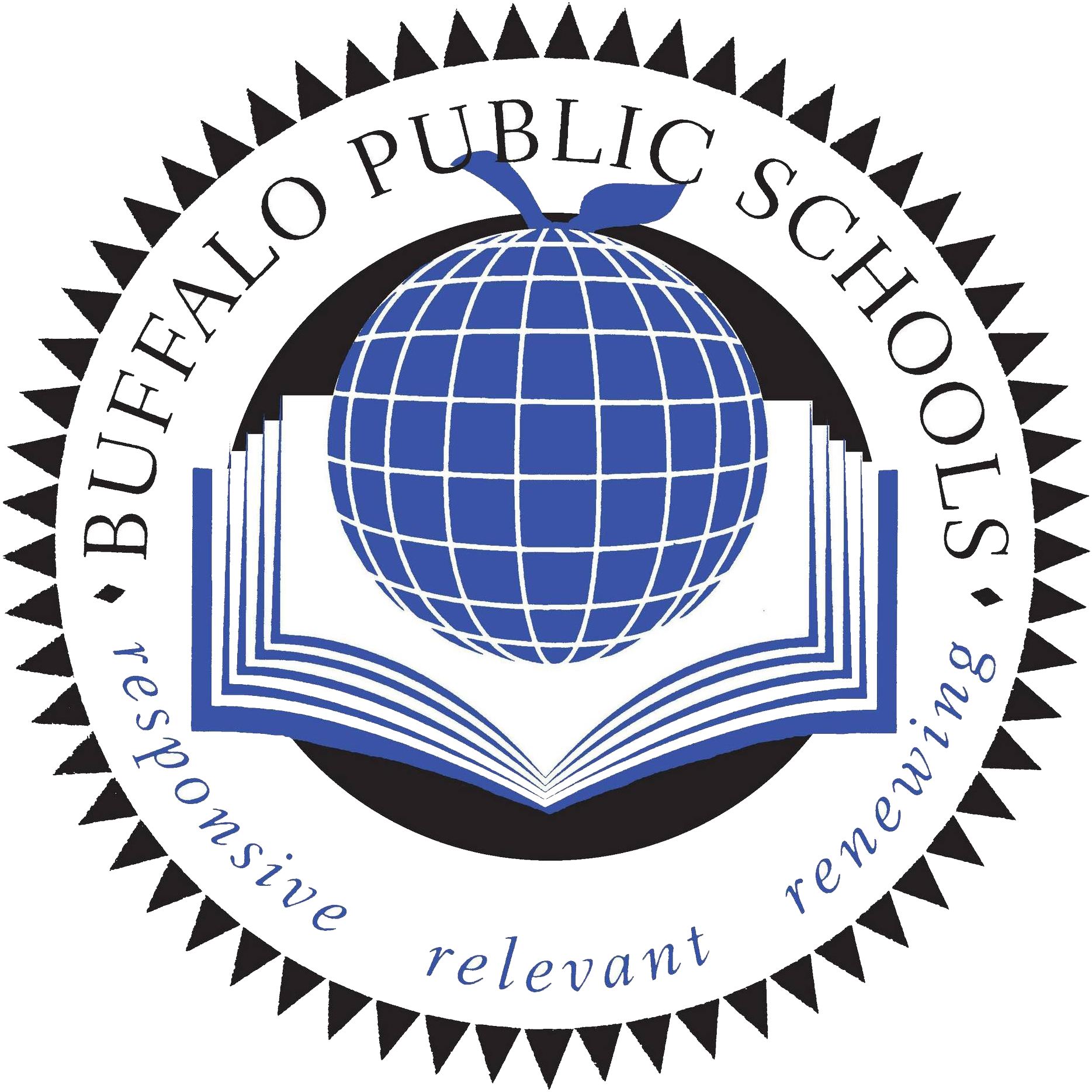Science
Science instruction is guided by curriculum aligned to New York State Life Science, Earth and Space Science, and Physical Science Standards.
To graduate, students must earn three credits in science at the commencement-level. One of the three units of credit must be a life science, and another unit must be a physical science. Students must also successfully pass one Regents examination in science. The core content sequence is typically Regents Biology, Earth Science, Chemistry or Environmental Science, and Physics. However, students may choose to take Advanced Placement (AP) or International Baccalaureate (IB) courses to replace a core course; AP courses may also be taken in addition to the core sequence for elective credit. Elective offerings may vary by school.
Please note the NYS Laboratory Requirement for all Regent Science courses. As a prerequisite for admission to any Science Regents examination, students must have successfully completed 1200 minutes of laboratory experience and have satisfactory written lab reports on file. Each Regents Science course will have an additional lab period. The 1200 minutes of laboratory experience must be in addition to the required classroom instruction associated with earning one unit of credit.
Please note:
Some classes are unique to a particular program or school.
Not every class is offered at every school.
Course offerings may change yearly based on student course requests and other factors.
